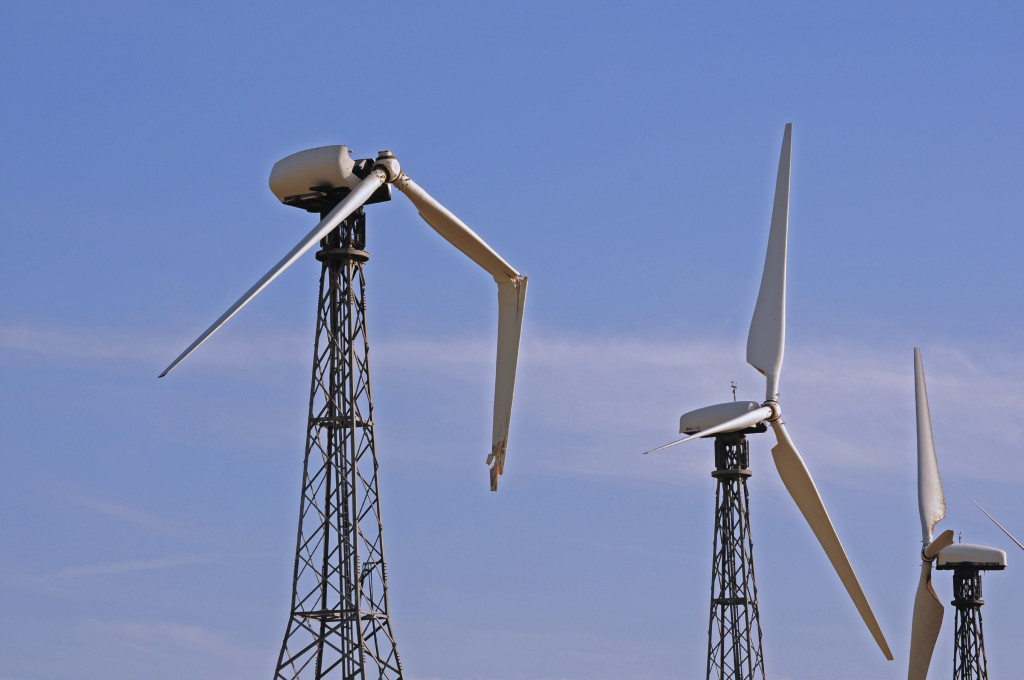The American Wind Energy Association (AWEA) sent a letter to Congress on June 18 in opposition to the PTC Elimination Act, a bill that would phase out and eventually end a subsidy that has funneled billions of taxpayer dollars into the wind industry over the last two decades. While AWEA claims that the PTC creates competition and benefits the economy, the subsidy stifles innovation and amounts to nothing more than corporate welfare for a mature industry. Below we correct the record on several of AWEA’s misleading claims from the letter:
CLAIM: “Eliminating the renewable energy Production Tax Credit (PTC) as proposed in H.R. 1901 would take away an effective, business tax incentive…”
FACT: This legislation does not “take away” the wind PTC, but rather, it phases out the subsidy over time. In fact, AWEA has supported a phase out in the past. In Dec. 2012, AWEA admitted a “Phase out of wind energy [PTC] would enable U.S. industry to become fully cost-competitive.” That is exactly what this bill would do—wind down wind subsidies over the next decade. It provides short-term certainty to wind developers and protects the long-term interests of taxpayers. AWEA recently supported a phase out and they should do so again.
CLAIM: “Reforming our nation’s tax code is an important national policy priority, but targeting one industry and making retroactive changes to existing law is misguided.”
FACT: If Congress is serious about tax reform, then the PTC is a good place to start. It is an egregious example of corporate welfare that a pro-growth tax reform plan would eliminate. It is poor tax policy to provide a subsidy that encourages the recipient to sell its product at a loss. The subsidy is so generous that wind producers can actually sell their electricity at a loss and still make money. This is called “negative pricing” and this legislation would significantly reduce this effect.
CLAIM: “[T]aking away the PTC and making retroactive tax policy changes would threaten an important economic opportunity for workers and their families.”
FACT: The wind PTC is a net jobs loser. Jobs created by subsidies lead to more jobs being destroyed elsewhere in the economy. One study of Spain’s green energy subsidies found that for every 1 green job created, 2.2 jobs were eliminated elsewhere. That’s because subsidies divert capital from the most economical projects to the most politically favored.
CLAIM: “[T]he value of the PTC flows to consumers in the form of lower electric rates by promoting market competition.”
FACT: The “value” of the PTC actually “flows” to wealthy wind developers at the expense of taxpayers, while making electricity more expensive for families. The PTC creates artificial demand for wind energy, which is much more expensive than other forms of electricity generation. As Warren Buffett has explained, wind energy is not cost competitive without subsidies: “On wind energy, we get a tax credit if we build a lot of wind farms. That’s the only reason to build them. They don’t make sense without the tax credit.” Buffett made it clear that the PTC is most beneficial to hedge funds and wind companies who are able to reduce their tax rate at the expense of all Americans.
CLAIM: “While the wind industry has grown over the years, it still accounts for less than 5% of total electric generation in the U.S. and recent PTC expirations have led to dramatic job losses and shuttered manufacturing facilities.”
FACT: The wind industry frequently complains about how a lack of “certainty” over PTC renewal harms investment in wind projects. This subsidy has existed for over 20 years. Advocates have continually said they just need it for a few more years, always pushing the end date to some uncertain future. This legislation ends the uncertainty associated with continual one-year extensions and puts a firm deadline on a phase out. If the wind industry wants “business certainty,” they should get out of the subsidy business.
Conclusion
Decades of subsidies have discouraged innovation in the wind industry, as companies relied on generous handouts to stay afloat. Even the wind industry has supported a phase out of the subsidy in the past. The PTC Elimination Act winds down the PTC in a reasonable way.
